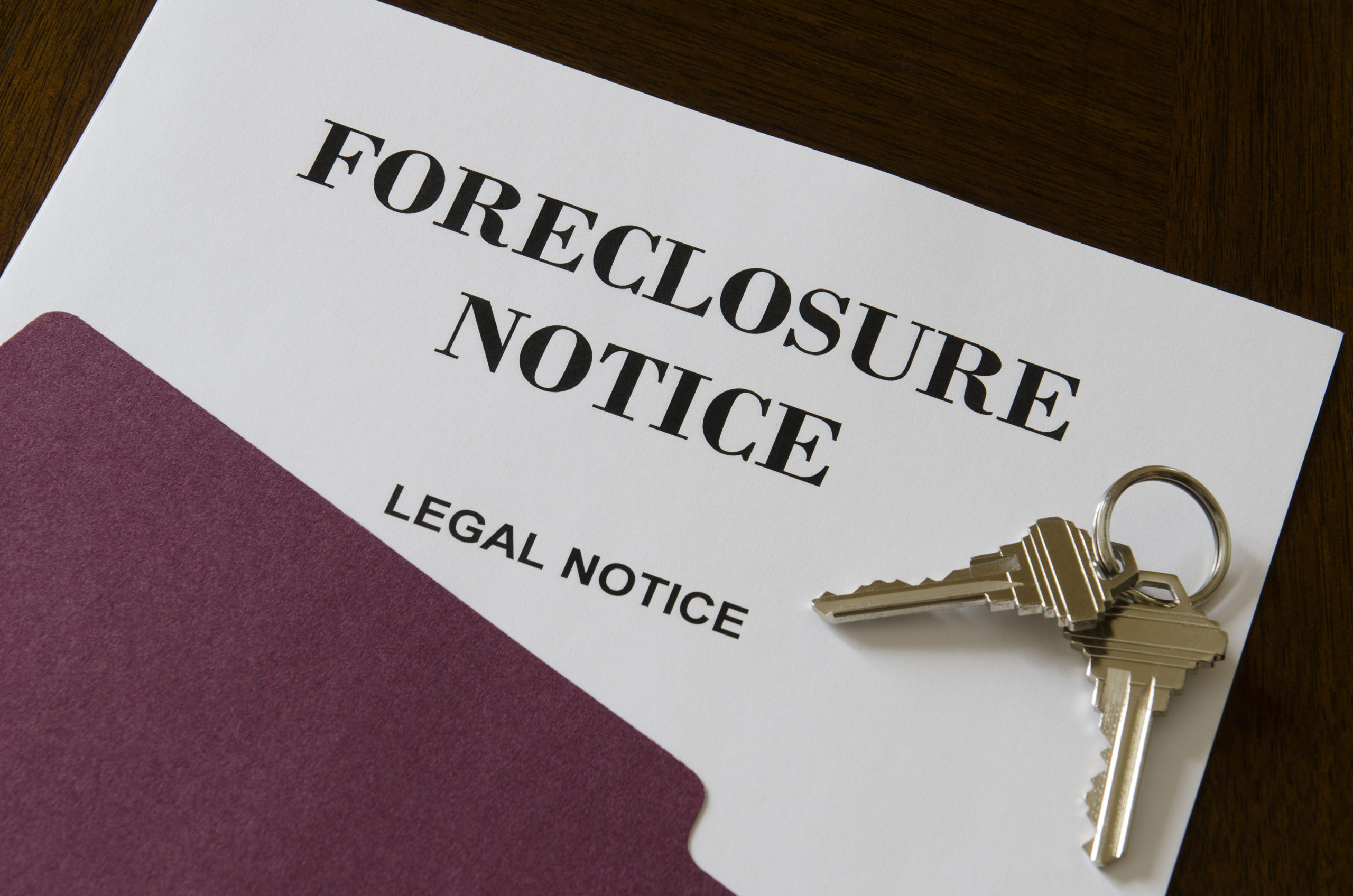We live in uncertain times. Personal financial situations can be fluid. Sometimes homeowners fail to or are simply unable to fulfill all of their related obligations. A homeowner member of a community association often defaults on their mortgage when they fail to repay the lender, which generally violates the terms of the mortgage. In the event of default, the lender may initiate foreclosure proceedings, intending to liquidate the real property subject to the mortgage. More often than not, a homeowner member of a community association is also behind on their assessment payments to the association if the homeowner defaults on their mortgage. This circumstance creates a bit of a dilemma for the association, as a foreclosing lender generally has the highest priority when it comes to recouping amounts owed. As you will see, the association is afforded some protection when it comes to recouping amounts owed.
But first, let’s take a step back. Under Minnesota law, a homeowner’s redemption period (typically six months) follows a mortgage foreclosure sale. This contrasts with the law of many states, where the homeowner’s redemption period takes place prior to a mortgage foreclosure sale. The holder of the sheriff’s certificate, i.e., the high bidder at the sale, has an equitable interest in the property during the redemption period. Even so, the owner of the foreclosed property may continue to live on the property during this period. The homeowner also retains all equitable and legal right to sell, lease, or otherwise convey an interest in the property during this period, subject, of course, to the mortgage foreclosure.
The holder of the sheriff’s certificate does not take fee title to the property until the redemption period has expired. This point is critical, as myriad homeowners incorrectly assume they no longer hold an interest in the property once the foreclosure sale takes place. As a result, these same homeowners incorrectly believe they are no longer required to pay unpaid assessments existing at the point of sale. In truth, the homeowner is responsible for paying all assessments accrued to the homeowner’s account through the end of the redemption period.
Let’s assume the initial owner does not redeem the property within the redemption period and the lender takes fee title to the property. The lender then becomes the new owner and assumes responsibility for all assessments and other amounts that become due for the property from the end of the redemption period onward. Under the Minnesota Common Interest Ownership Act (“MCIOA”), the homeowners association also retains what is colloquially known as a “super lien.” This lien attaches to the property for certain assessments and amounts which became due during the six months prior to the expiration of the initial owner’s redemption period. The “super lien” period is always six months prior to the expiration of the initial owner’s redemption period. This is true regardless of whether the redemption period was reduced by court order or statute.
The “super lien” includes regular and special assessments, assessments pertaining to the maintenance, repair, and/or replacement of limited common elements, as well as other limited benefit assessments. It does not include late fees, fines, or legal fees and costs which accrued prior to the expiration of the initial owner’s redemption period. Liability for these amounts would remain with the initial owner.
The association may, once the lender takes fee title to the property, file a lien statement which ensures these “super lien” amounts are collected from the lender at or before closing when the lender sells the property to a new buyer. Any amounts not encompassed by the “super lien” and not otherwise recoverable because of the mortgage foreclosure may be recovered by pursuing a personal judgment against the initial owner, assuming the initial owner has not filed for bankruptcy and been granted a discharge.
The mortgage foreclosure process is nuanced. There are a lot of moving parts and things homeowners, lenders, and other interested parties ought to be aware of. The real estate and community association attorneys of Hellmuth & Johnson have the ability, knowledge, and experience to assist you with this and any other real estate and community association related issue. We would appreciate the opportunity to assist you and hope you reach out when the need for advice arises.

